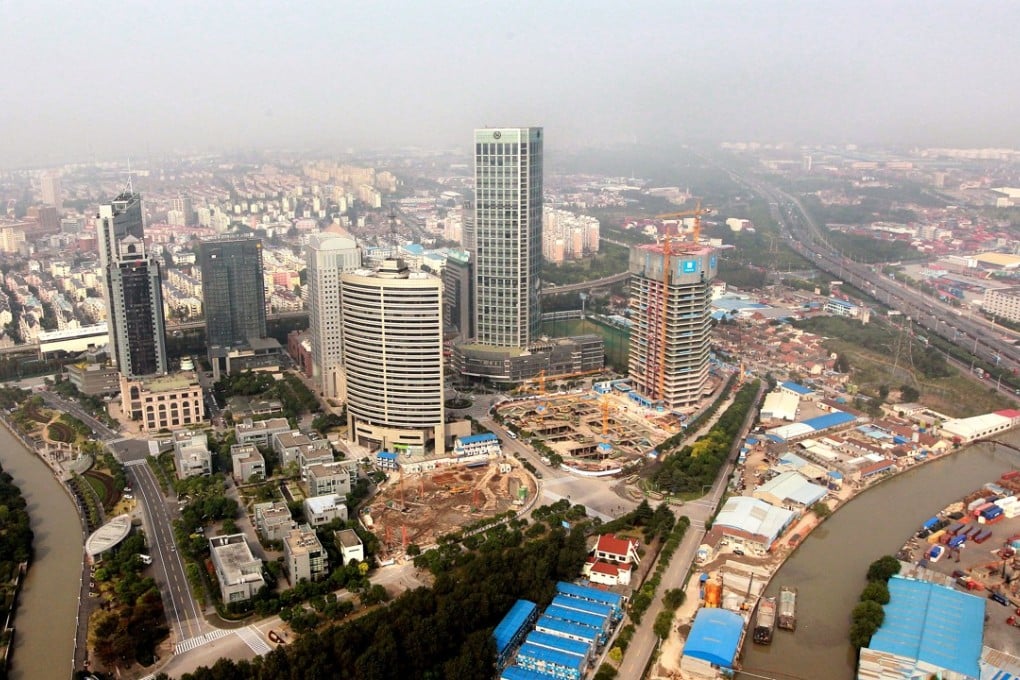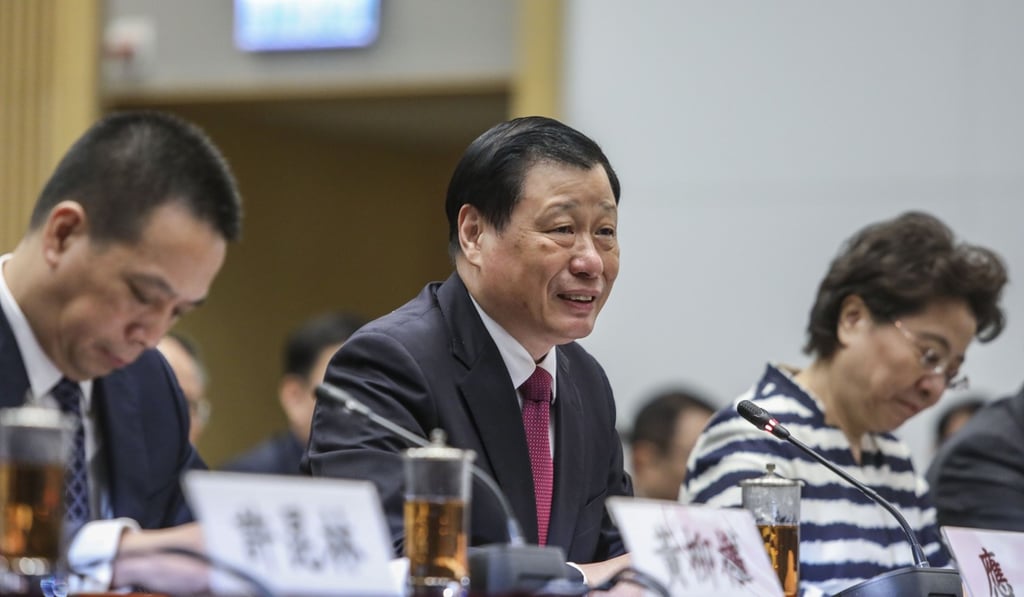Shanghai mayor cuts red tape to woo investment as foreign firms mull relocating amid trade war
- Mayor Ying Yong slashes time taken to register a new business, get manufacturing licence and access to electricity
- Foreign investment in Shanghai up 2.1pc during the first nine months of the year to US$12.9 billion

Shanghai has stepped up efforts to attract foreign investment as some multinational companies seriously consider plans to move out of the mainland, as the tit-for-tat tariffs in the escalating US-China trade war render manufacturing uncompetitive.
Shanghai mayor Ying Yong said on Sunday that China’s commercial capital will further cut red tape, including reducing the time taken for a new company to complete business registration, obtain a manufacturing licence and gain access to electricity, soothing concerns about potential retaliatory measures against foreign companies operating in the country.

“Whatever the economic situation we will face, the door for foreign businesses will not be closed,” Ying told a press conference after the annual International Business Leaders’ Advisory Council meeting. “Instead, we will further open it for them.”
His remarks came after American and European businesses operating in China said they had fallen victim to the trade tensions between the world’s two largest economies.
In September, some 7 per cent of corporate respondents in a survey by the European Union Chamber of Commerce in China said they had either moved or were planning to move their production out of the mainland.